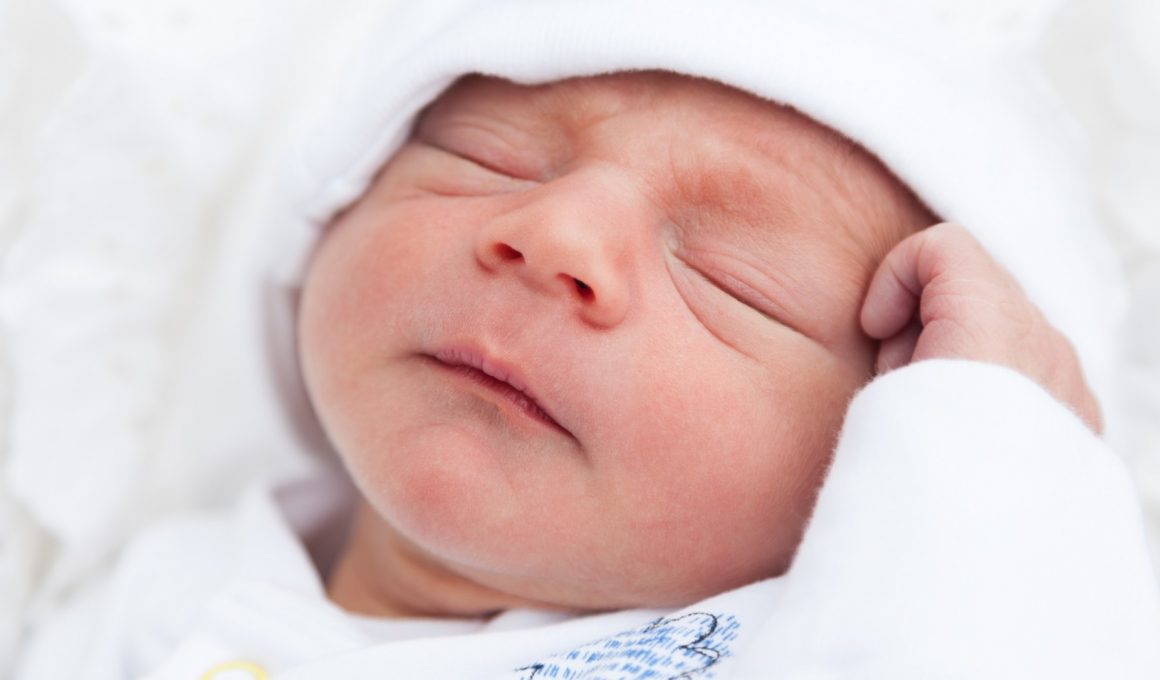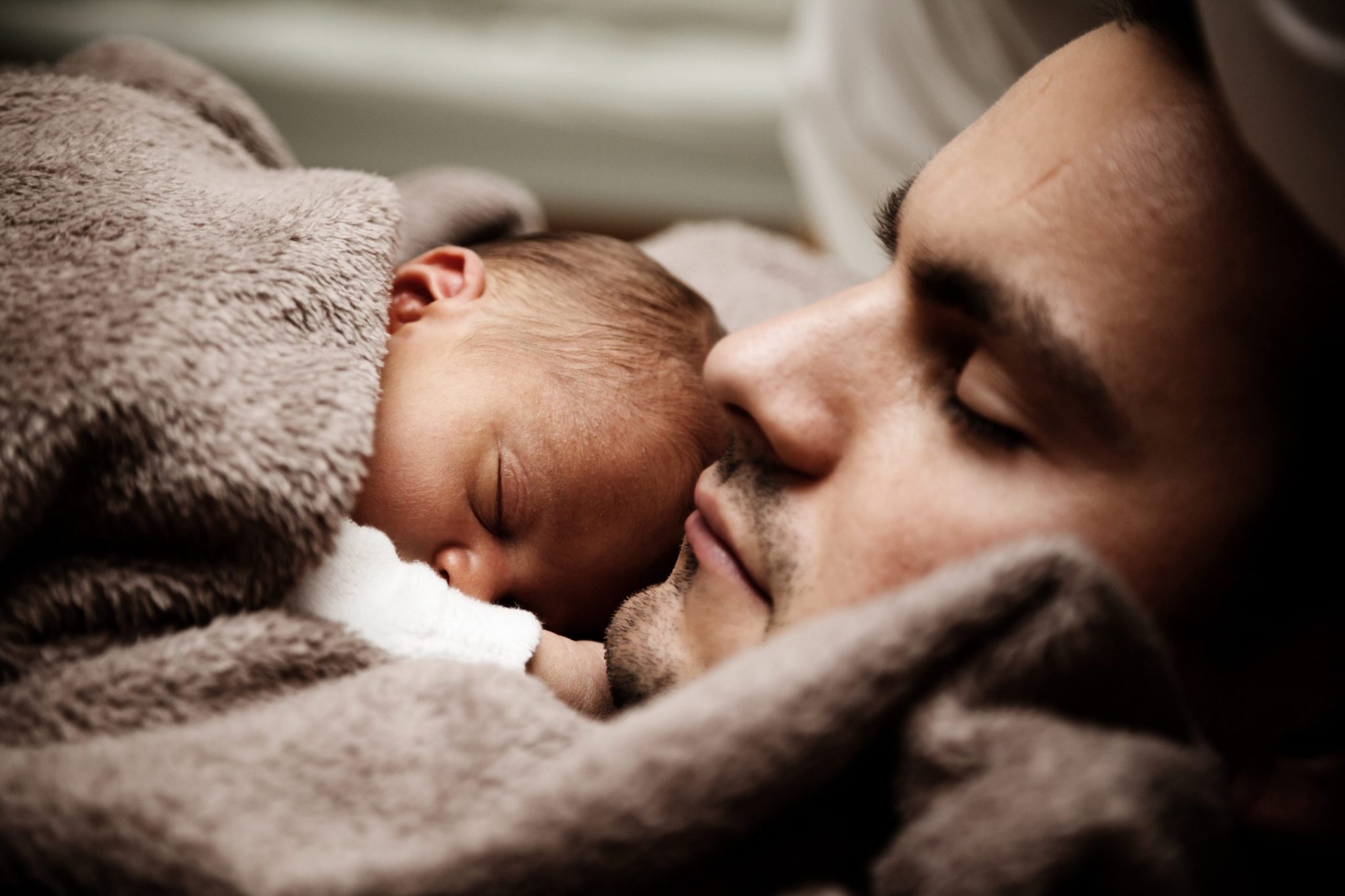Establishing a bedtime routine is an important part of your baby’s development. Consistency in a bedtime routine is very important to foster healthy sleep habits.
A baby will be more relaxed if they know what’s coming next. A bedtime routine offers this predictability which is very important for getting quality sleep.
Research shows that a consistent bedtime routine can help an infant sleep better with fewer and shorter late-night wake-ups.
A bedtime routine is also good for parents since it offers a specific time period to spend with your baby. It is something you can plan depending on your family’s schedule, and it may be the coziest way of transitioning from a busy day to a tranquil night.
When should you start a bedtime routine?
According to experts, there is no good or bad time for starting a bedtime routine.
Routines are all about consistency and should be flexible according to your baby’s changing needs.
Establishing a bedtime routine may not be the first thing you think of as soon as you get home from the hospital with your newborn. In the first days of life your newborn has to recover from the effort of being born. And so you do!
But some experts say that you can actually start a bedtime routine with your baby from day one since it doesn’t have to be a rigid or strict schedule.
Always remember that newborns don’t have a predictable sleep schedule that you can set in accordance with the clock. And they don’t have a sense of day and night. Their circadian rhythm needs some time to develop.
Before your baby is 6 weeks old, you can focus on two main things: making sure they get enough sleep and engaging in activities that appear to relax them. Knowing what you should include in their bedtime routine when you are ready is important.
You can start establishing a consistent bedtime routine when your baby is around 6 to 8 weeks. This is when your baby may begin to settle into a more predictable sleep schedule.
Newborn bedtime routine ideas
As mentioned before, newborn bedtime routines don’t have to be rigid or strict since your baby is still adjusting to life outside the womb.
In the first few days, you should do whatever you can to ensure your baby is getting the care, love, and sleep they need. Establishing a consistent and strict sleep routine should not be your first priority.
That means that engaging in activities such as:
- carrying your baby around while they sleep
- letting them nurse until they fall asleep
- using a pacifier
- sleeping in their swing
is completely fine. Although these are activities that cannot be continued for long, initially it is okay to use them to help with inducing restful sleep.
These are sleep aids most parents appeal to in the first months. And it’s normal.
But it won’t be possible for you to rely on such sleep-aiding activities for long. At this point, trying to establish a bedtime routine can help lessen the need for sleep-aiding habits.
Habits you can depend on to begin building a proper bedtime routine include:
- swaddling
- feeding
- using white noise
- rocking
- placing the baby in their crib when they are drowsy but still awake
You can also add a bath to your routine every other day. In total, your bedtime routine should take about 15-20 minutes.
Why is a bedtime routine important?
Routines help stimulate your child’s growth and development. And providing consistency helps them understand what to expect during the day.
With an appropriate bedtime routine, your baby will:
- fall asleep faster
- stay asleep for longer
- have better sleep quality
- sleep through the night over time
- experience elevated moods
Besides, a bedtime routine aids in bettering the parent-child bond you share with your baby.
Establishing a calming and soothing bedtime routine will help your baby relax before it’s time to sleep.
It’s important to keep your routine as consistent and predictable as possible because your baby will be more relaxed if they know what’s coming next. And don’t forget that a bedtime routine can help you relax, too.
How to start a bedtime routine?
After your baby is about 6 weeks old, they may follow a more regular sleeping pattern, eating, and playing.
During these initial six weeks, you will also observe the tendencies of your infant and learn what soothes and relaxes them.
To start a bedtime routine:
- keep in mind that routines are about consistency
- learn what soothes and relaxes your baby
- acquaint yourself with your baby’s sleepiness cues
- wake and feed your baby at the same time each day
Tips for establishing a baby bedtime routine
Sleep is the most important part of baby development. And a sleep routine is the best way of getting your baby ready for sleep.
Babies crave consistency. A bedtime routine will help maintain this.
Some tips for establishing a baby bedtime routine include:
Give yourself enough time
Establishing a baby’s bedtime routine takes time and patience.
First, you are getting to know your child and their needs, including their awake and sleep windows. An awake window is the amount of time a baby can stay awake before needing to sleep. Awake windows are important to follow to ensure your baby is not overtired or under-tired before bed.
For newborns, awake windows are usually short, averaging around 45 minutes. As every baby is different, give yourself time to understand your baby’s sleep cues. These include rubbing their eyes and yawning.
Consistency is key
Setting a consistent bedtime is the most important part of a successful sleep routine. Because it helps your baby know what to expect. Predictability makes your baby feel secure.
Stop associating feeding with sleep
In the beginning, when your baby is a newborn, it is almost inevitable to not associate feeding with sleep. A tiny newborn quickly gets tired while feeding and falls asleep. But as your baby reaches 6 months, it might be worth feeding them first and then finishing the rest of their bedtime routine. Doing this may allow your baby to practice falling asleep on their own.
Try to end the day with soothing activities
Over-stimulation gets in the way of a baby’s sleep. If you include energetic activities into your routine, your baby can easily get overstimulated. So when it’s closer to bedtime, switch to calming activities. A short bath, reading a book, and listening to lullabies are all great examples of soothing activities to include to your baby’s bedtime routine.
Limit screen time before bed
The American Academy of Pediatrics (AAP) recommends parents keep children under 18 months away from screens.
AAP also recommends keeping all screens, including televisions, computers, laptops, tablets, and phones, out of your child’s bedroom, especially at night. To ensure minimal sleep disruption, turn off all screens at least an hour before bedtime.
Follow a shorter bedtime routine for naps
Before a nap, following some of the same steps from your baby’s bedtime routine helps maintain consistency. However, not everything you do before bedtime needs to happen before a nap. You can skip switching to pajamas, brushing their teeth, and giving them a bath.
What to include in a bedtime routine
A baby is born with a weak sleep-wake rhythm. The circadian rhythm, which is the internal clock controlling the sleep-wake cycle of every living creature, develops later on in a newborn.
With your assistance, your baby can learn to sync their internal clock with the world around them. A consistent bedtime routine helps your baby with that. Following a routine every night will help your baby understand when it’s time to sleep.
Some things to consider when establishing a bedtime routine are:
Observe the baby
When does your baby’s interest and engagement in activities decrease? How long has your baby been awake since their last nap?
One of the most common parenting mistakes may be picking a bedtime based on external factors not related to your baby, such as when dad comes home from work.
A final feeding
Ideally, your baby’s final feeding should be done in a well-lit room. And the baby should stay awake from the moment they start feeding until the moment they finish.
Tell your baby that it’s sleep time
Take your baby into the room where they sleep for the night. Keep repeating “it’s sleep time” throughout the routine, so your baby learns what it means.
Set the stage for nighttime
Draw the curtains, and dim the lights. Make sure to remove all sources of noise or distraction from the room. Play or sing a little lullaby. If you have a white noise machine or a baby monitor that uses white noise, play some.
Get your baby ready for bed
Change their diaper and put on their pajamas.
Create a sense of security
If your baby is younger than 4 months, swaddling them helps provide a sense of security. For an older baby, a sleep sack might be a good choice to instill a sense of warmth and security.
Mark that it’s the end of the day
Read a short book and add a final cuddle with your baby.
Place your baby in the crib when drowsy
This should be done when your baby is still awake but calm and easing into sleep mode. If you allow your baby to soothe themself, they might soon fall asleep on their own.
Incorporating these habits into your baby’s bedtime routine will make for the “perfect” routine.
However, for many parents feeding or rocking the baby into sleep is an ordinary part of a bedtime routine. Especially in the first months, these are normal, and if they work for you just continue with them.
Experts generally recommend stopping associating feedings with sleep at around 4 to 6 months.
A sample timeline for a bedtime routine
So what does a sample timeline for your baby’s bedtime routine look like?
30 to 45 minutes before sleep: You can give your baby a bath (Experts recommend not bathing your baby every day, especially in the winter). But you may bathe your baby every other day if it soothes them.
15 to 30 minutes before sleep: You may massage your baby, change their diaper and change them into pajamas. Don’t forget to draw the curtains and dim the lights in the room where your baby sleeps.
10 to 15 minutes before sleep: You can read a short book and do a final cuddle.
5 minutes before sleep: Your baby should be very drowsy. Put them down in their crib before they fall asleep.
References: mayoclinic.org, enfamil.com, nhs.uk, familydoctor.org, raisingchildren.net.au, healthychildren.org, aap.org, thebump.com, nestedbean.com, babycentre.co.uk, pregnancybirthbaby.org.au, clevelandclinic.org, whattoexpect.com,









